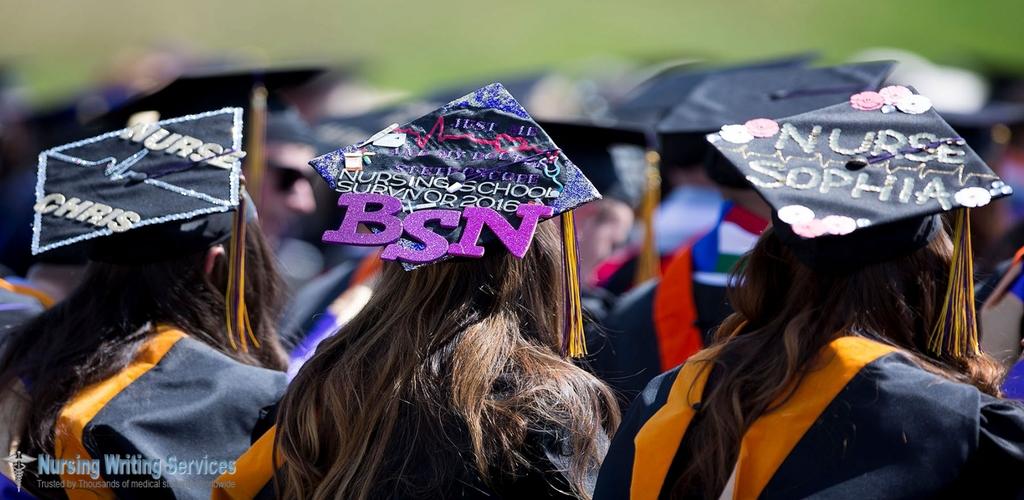
What Can I do After BSC Nursing?
Many nurses today are taking on more challenging roles than what they had been used to in the past. Some of the roles that are taken by them were reserved for physicians. Nurses are beginning to become more specialized compared to the past. The field of nursing has generally grown to introduce more areas than what used to be a few years ago. These days, specialties like medical-surgery nurses, labor, delivery, psychiatric, pediatric have been introduced by most institutions teaching nursing to ensure they have the right skills after leaving nursing school.
Some of these courses require you to study and work at the same time which we understand can be frustrating to most students to the completion of their programs. It is advisable to choose first the nursing program that suits your needs before finding a nursing school to match your interests.Most schools will only offer registered nurse diploma while the others will offer more advanced programs resulting in a Master of Science in Nursing (MSN).
Nursing industry has always been an attractive career choice for new people seeking to join the industry. It is a well-established field that is always in high demand, but all this offers competitive salaries and an excellent opportunity for career advancements. Today’s nurses study various types of nursing fields that they wish to pursue. They include: -
Licensed Practical Nursing
It is an educational program that provides students with basic training for their jobs. This program offers courses that help one acquire critical thinking, have an idea in nutrition, patient care, pharmacology.
Bachelor of Science in Nursing
This academic degree helps current nurses gain the clinical and administrative skills to advance in their career. It usually takes 4 years. The program mainly focuses on issues and trends that are in nursing, public and global health, emergency care, etc.
Associate Science in Nursing
Focuses mainly on: - Anatomy and Physiology, Microbiology, Pharmacology, understanding of Medical terminologies and Nursing skills.
Master of Science in Nursing
It is an academic program that helps a nurse to specialize in an area. It equips learners with advanced skills that are vital pertaining to a person’s health.
Doctor of Philosophy
It is a program focused on advanced specialized skills. Most practicing nurses that are practicing will be involved in profound research and challenging projects. The program itself takes about 3-5 years depending on the time of the study.
Also Read: BSN Capstone Project Writing Help
So what next after Bachelor of Science in Nursing (BSC)?
One may opt for a Master of Science in Nursing (MSN) Program which provides students with an opportunity for specializing in anarea of nursing such as research or advanced clinical training. One may take a joint degree in a field relating to their careers such as public health, hospital or business administration. It requires much dedication because of the demanding workload of studying for two high-level degrees simultaneously.
A Master of Science in Nursing program (MSN) takes about 1 ½ to 2 years and it is ideal for nurses who are looking forward to narrowing their focus. Most MSN programs require trainees to complement their experience with a project or writing a capstone paper. Many employers have tuition reimbursement arrangements for nurses who enroll in this master’s program. Earning an MSN hastens your move to a higher level of nursing career e.g. from nurse midwife to nurse practitioner. Your skills allow you to take care of patients as a doctor in many ways. You also get better remuneration.
Some of the specialty fields for Nursing MSN holders are:
- Family Nurse Practitioner (FNP)
- Adult Nurse Practitioner (ANP)
- Neonatal Nurse Practitioner (NNP)
- Pediatric Nurse Practitioner (PNP)
- Women Health Nurse Practitioner (WHNP)
Some of the nursing schools offer intakes several times a year which is accommodating if you want to join straightaway. Direct entry MSN programs usually take 3 years to complete. The first year is for entry-level nursing coursework while the last two years are devoted to master’s level study.
Having expanded their skills most of them are able to run their clinics where they now diagnose and prescribe drugs to patients while others are in high-level management roles training other student nurses and junior doctors in medical schools.

